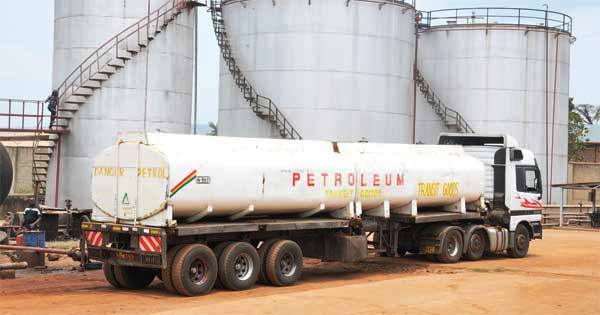A new statement to tax petroleum seems not to be adding anything new to consumers as the smell of fuel prices increases.
The government now wants an increase in taxes on petroleum products which include petrol, diesel and Kerosene.
If the proposal is approved, the tax on every litre of petrol will increase from Shs1,450 to Shs1,550, the tax on diesel will increase from Shs1,130 to Shs1,230 per litre and kerosene will increase to Shs500 per litre from Shs200.
The Ugandan government is poised to implement sweeping tax reforms that could significantly impact the country’s economy, particularly in the energy and real estate sectors. If the Excise Duty Amendment Bill, 2024, is passed in its current form, Ugandans should brace themselves for a notable rise in fuel prices.
Minister of State for Finance, Henry Musasizi, presented the bill to Parliament alongside the Stamp Duty Amendment Bill, 2024, and the Income Tax Amendment Bill, 2024. Among the proposed changes is a 5-percent withholding tax on profits from land sales in urban areas, rental property transactions, and private company share sales. Failure to remit this tax within the specified period could result in penalties.
Despite previous resistance from Members of Parliament, the government remains steadfast in its efforts to impose withholding taxes on land transactions. Critics fear such measures could inflate land prices, disrupting the real estate market.
In a bid to encourage environmentally friendly initiatives, the Ministry of Finance has suggested exempting the supply and manufacture of electric cars and the assembly of electric vehicle charging equipment from taxation. Additionally, proposed tax exemptions on ethanol-using cooking stoves, agricultural tools, and fertilizers aim to support sustainable agricultural practices.
However, these reforms come with a deadline. Products eligible for tax exemption must meet specified criteria and adhere to a deadline of June 30, 2028. As Ugandans await further deliberation and potential implementation of these tax changes, the economic landscape of the country hangs in the balance.






